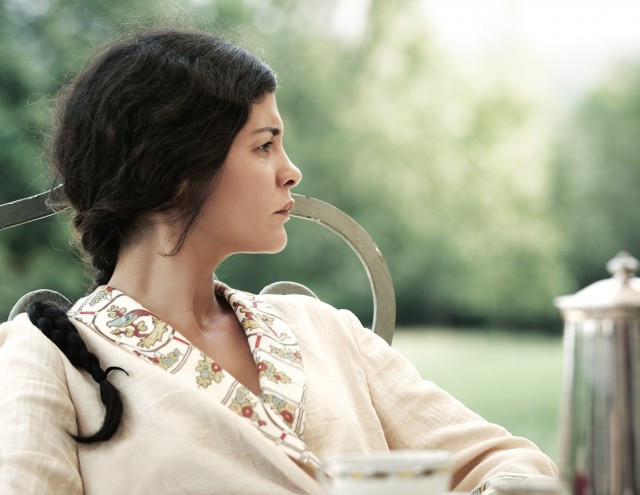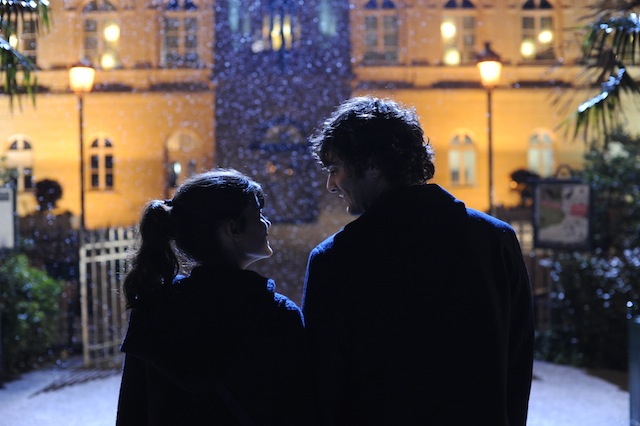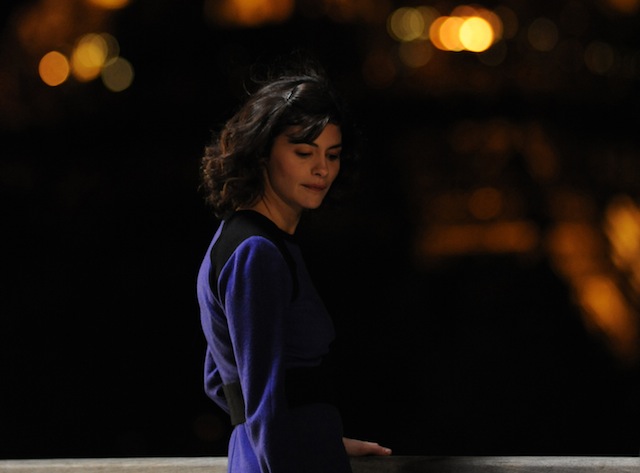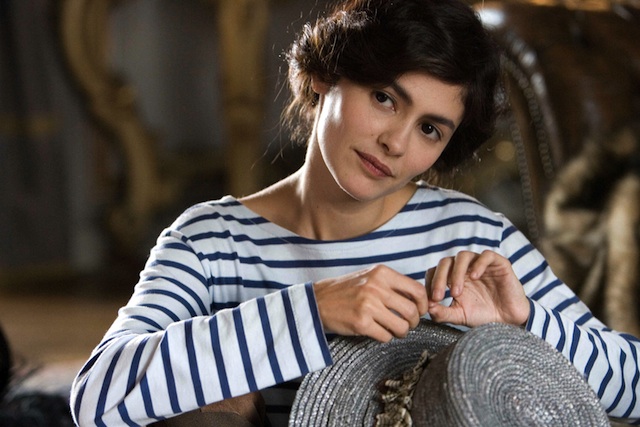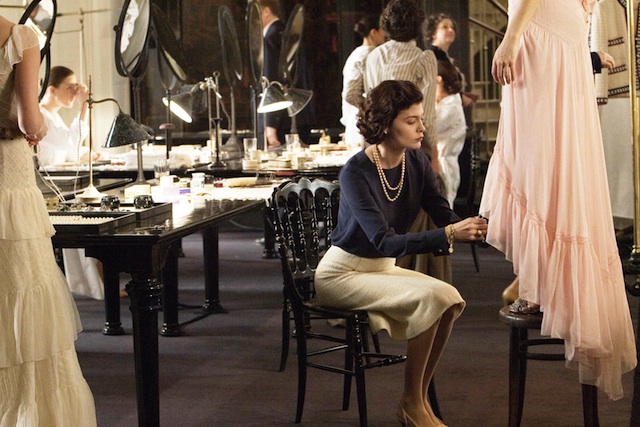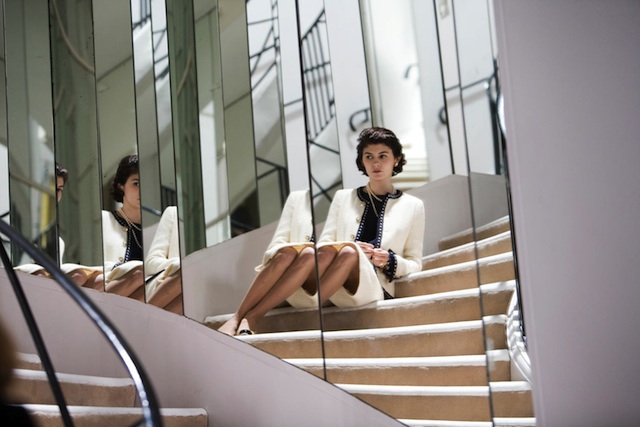It has been a while since I first saw Thérèse, French director Claude Miller’s final film. Upon seeing it, I made the decision to sit on putting together my reaction piece, for I felt almost certain that Thérèse was destined to get even the most limited theatrical run here in the States for the following three reasons:
- It’s French
- It was an ‘Official Selection’ of the 2012 Cannes Film Festival
- It stars Audrey Tautou
Audrey Tautou assumes the eponymous role, itself sourced from the 1927 novel (titled Thérèse Desqueyroux) written by François Mauriac. Interestingly enough, Thérèse was previously adapted in 1962. But I digress– we are here to talk about the most recent version. So, without further ado, WHAT exactly is this film about?
Well, here you go (via the official synopsis):
Thérèse is a heroine from the same school as other literary heroines, such as Madame Bovary or Anna Karenina. Married less for love than for convenience, Thérèse feels suffocated by her marriage to Bernard (Gilles Lellouche). Although she is afforded a comfortable country life, she soon grows tired and her frustrations sets her mind in motion. This desire to break free is exacerbated by the arrival of Thérèse’s best friend Anne and Bernard’s sister (Anaïs Demoustier), who promptly falls madly in love with a handsome young Portuguese man who is deemed ‘inappropriate’ by the family. Anne’s simmering passion makes Thérèse feel like she is missing out on something in her life. She sees Anne’s passion leads her to go to any length to keep her lover by her side. Soon, Thérèse begins her own fight against the oppressive Desqueyroux family.
Wow! That surely is a mouthful – Anna Karenina and/or Madame Bovary?
As for my own reaction? I have not read the source material so I may lose a little of the story’s context. But from what I am able to synthesize from the film is that thematically, there is a common idea that all of these ‘heroines’ in their own way, are trying to challenge the status quo and rise above their repressive, provincial lives. I don’t think I am spoiling anything for my readers to say that in end, in all these examples, unfortunately, circumstances do not end well for the protagonist and they are left to pay for their insolence.
Looking at the film in terms of its complete execution, let me just say this – while the performances were all well-played, I left the screening with an overwhelming cold response, lacking any emotion. I can only hope to assume that in part, this is what the director Claude Miller was going for – to create a stolid world in so much allowing us, the audience to feel what the titular character feels, and in turn, evoking a sympathetic response so we understand and possibly forgive the lengths Thérèse goes to break free from her imprisonment. I cannot even say I felt ANY response to her actions (either positive or negative), I just felt like wow, that sure is crazy to both her actions and the subsequent fallout including the film’s conclusion. Again, this reaction is based solely on how I feel the film has presented the narrative. I have a feeling that the source material would go a long ways in getting me to a point of at least understanding Thérèse’s plight. Like I said, in the end, my reaction and response will always circle back ’round to the barren cold feeling that jumped off the screen while I was watching the film.
On a positive note, the film’s primary setting of south west France looks absolutely lovely.
Thérèse opens in cinemas today (23 August).
